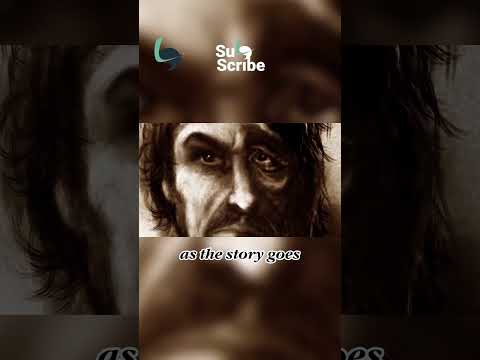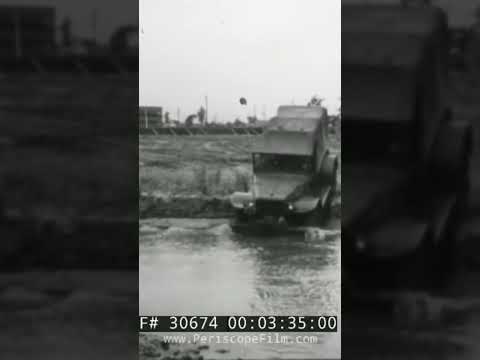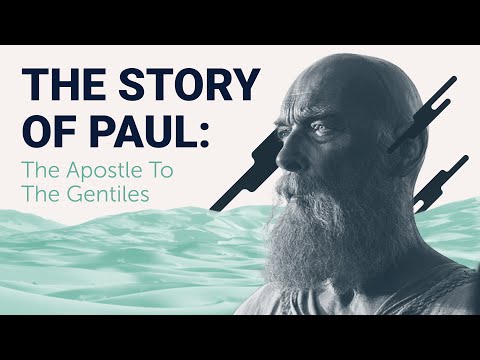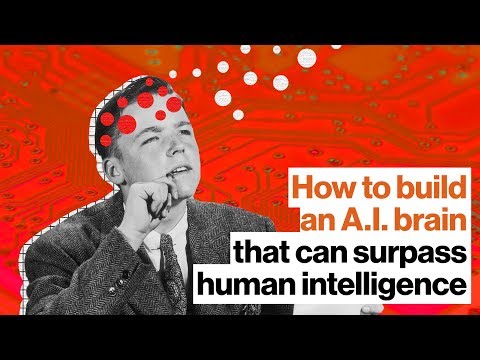The Complete Story of Paul: The Apostle to the Gentiles
expand_morethumb_upLikes
thumb_downDislikes
sendShare
library_addSave
flagReport
Bible Unbound check_circle
0 subscribers
Subscribe
notifications
Ever wonder how Christianity was spread to the nations? This is the complete story of Paul the Apostle to the Gentiles. From his birth in the bustling city of Tarsus to his death in the aristocratic city of Rome and everything in between, the Biblenauts take an exciting adventure to discover the biblical epic in this special mini-documentary. 🚀
LINKS:
🟢 Linktree: https://linktr.ee/bibleunbound
🟠 Patreon: https://www.patreon.com/Bibleunbound
🟣 Website: https://www.thebibleunbound.com/
ONE-TIME DONATIONS:
https://ko-fi.com/bibleunbound
CREDITS:
Written and produced by: Austin Smith
Theme music by: Philip Reeves
With music from Epidemicsound
MORE RESOURCES:
• https://www.britannica.com/biography/Saint-Paul-the-Apostle
• https://www.christianitytoday.com/history/issues/issue-47/apostle-paul-and-his-times-christian-history-timeline.html
•https://christianhistoryinstitute.org/uploaded/50cf82181a7fd8.49814146.pdf
• https://www.christianity.com/bible/dictionary.php?dict=ebd&id=2871
TIMESTAMPS:
00:00 - Introduction
02:01 - Early life
05:35 - Persecution
08:28 - Conversion
11:39 - Christianity
13:36 - First Missionary Journey
17:04 - The Jerusalem Council
17:47 - Second Missionary Journey
20:41 - Third Missionary Journey
26:15 - The End of Paul's Life
29:37 - Outro
Images used in material are not our own. All content falls under fair use: any copying of copyrighted material is done for a limited, educational and “transformative” purpose, such as to comment upon, criticize, or parody a copyrighted work. Such uses can be done without permission from the copyright owner.
Images used do not necessarily represent or condone the views or religious beliefs of Bible Unbound visa-vi the views or religious beliefs of the artists represented.
1
vid:61415
Comments0
unfold_more
keyboard_arrow_left
navigate_next






































